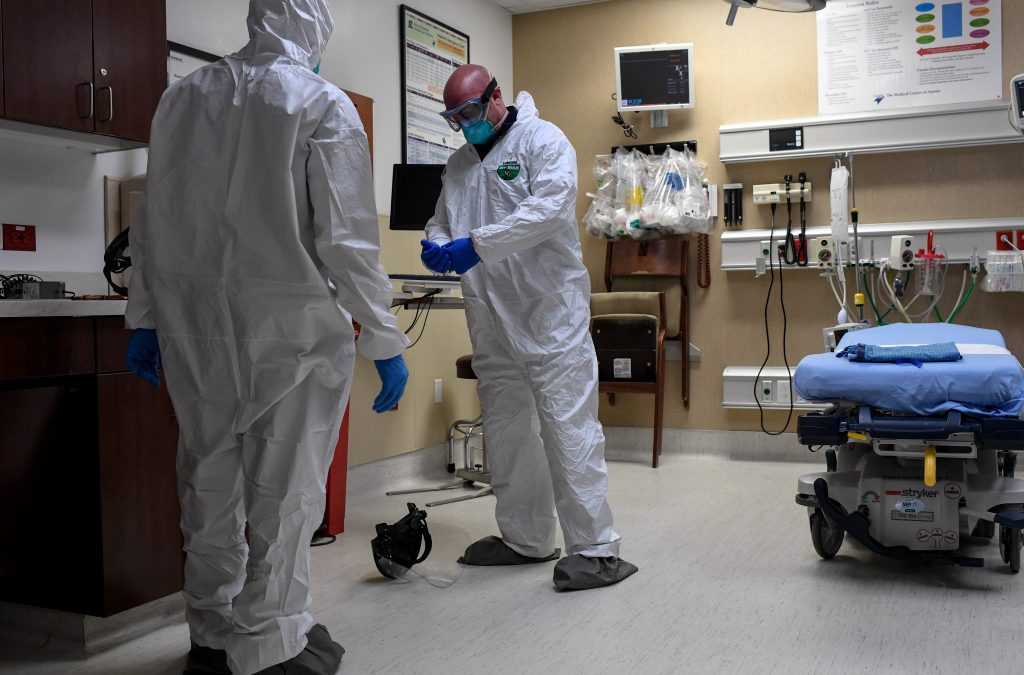Fewer than 200 intensive-care beds were available in Colorado as of Friday morning, meaning the state’s hospitals have less ability to take new patients than at any point during the pandemic.
While the virus is part of the problem, hospitals are also seeing people become seriously ill from putting off care last year, and the number of patients with injuries is back to normal levels, said Scott Bookman, the state’s COVID-19 incident commander.
“The difference between this wave and all past waves is that Coloradans have returned to living their normal lives,” he said at a news conference Friday.
The state had 197 beds in intensive-care units that weren’t in use as of Friday morning, Bookman said. Hospitals have begun converting rooms to serve ICU patients, canceling elective procedures and shutting down non-emergency clinics so they can move staff into overstretched units, he said.
Statewide, 902 people were hospitalized for confirmed cases of COVID-19, which is higher than the peak of the initial spring 2020 wave, Bookman said. At the worst point of the last year, in early December, the state recorded 1,847 confirmed hospitalizations from the virus.
About 81% of the people hospitalized for COVID-19 aren’t fully vaccinated, as are 85% of those who’ve died from the virus in recent weeks.
Gov. Jared Polis called on unvaccinated people to get the shot and all Coloradans to wear masks in indoor public places, but indicated he wouldn’t reinstate any of last year’s restrictions, such as mask mandates or capacity limits at businesses.
He has repeatedly described avoiding overwhelmed hospitals as the state’s “North Star,” and the reason for the previous regulations.
“The numbers show it’s the unvaccinated who suffer the most,” he said. “We’re seeing needless hospitalizations. We’re seeing needless deaths.”
Colorado is in a better place than most states when it comes to cases and hospitalizations, which are increasing at a slower rate than in much of the country, state epidemiologist Dr. Rachel Herlihy said.
“That doesn’t mean we’re immune,” she said. “It’s certainly a tragedy that we’re continuing to see these deaths increase.”
This content was originally published here.

